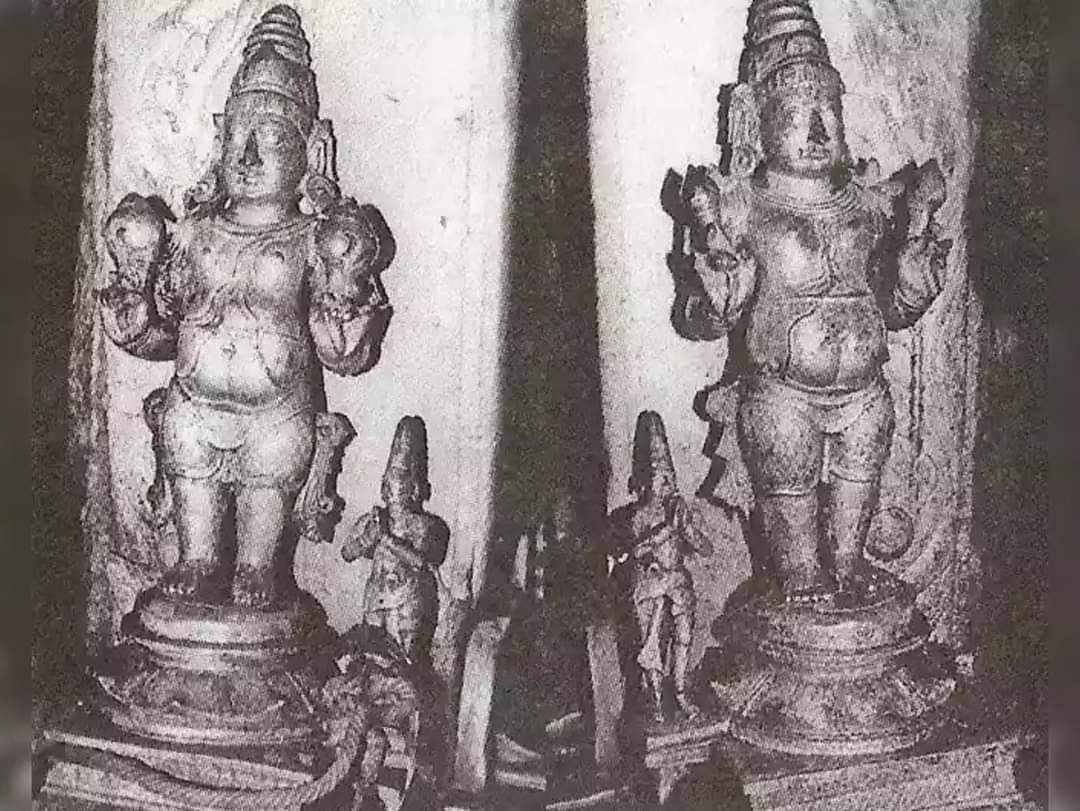Following a full review of the FHRIC report, I sat down and started cataloguing a list of leading questions I plan to use in our Rogue Leader Academy over the next three weeks, where I plan to focus a big majority of my time on these topics. Intent is to drive dialogue...
What are the linkages between gender discrimination/sexism, sexual harassment, and sexual assault?
How does sexism set conditions for SH/SA?
How do we create a culture/climate within our unit that eliminates gender discrimination/sexism?
How do we create a climate that values women and other minority populations and makes clear that discrimination will not be tolerated?
How do we ensure that all soldiers are receiving mentorship? (i.e. we aren’t reliant on women to mentor women)?
How confident are we in our SHARP program?
Does it clearly articulate what constituted SH/SA and does it clearly communicate reporting procedures and requirements?
Do we clearly understand the difference between an unrestricted and restricted report?
How confident are we that we understand the level of sex education our Soldiers come to us with?
How can we overcome this?
How do you, as a leader/commander, facilitate the training and ensure it gets the proper emphasis?
How do we avoid “fear mongering” or trivializing SHARP? (i.e. “dude you better be careful, you’re going to get SHARP’d!”)
How do we grow and develop Soldiers of character who do not harass or assault each other?
How do we dispel the myth and perception of false reporting as retaliation or other purposes?
How do we remain complaint in our SHARP training requirements & ensure new soldiers are trained in a timely manner upon in-processing the unit, understanding new Soldiers are among the most vulnerable population?
Do we have a climate & culture where our soldiers are comfortable/ trust us enough to report sexual harassment and sexual assault?
Do they have faith in the system and processes?
How do we react when there is an allegation of sexual harassment or sexual assault within our unit?
How do we provide support to alleged victims and prevent retaliation, ostracization, shaming, and re-traumatization?
How do we provide support to alleged subjects?
How do we ensure we are providing periodic updates to both alleged victims and subjects on their cases?
What is the role of alcohol in sexual assault? (70% of FHIRC cases; 62% of cases DoD wide in 2019)?
More from Life
How to get smarter very fast:
Interact with smart people here on Twitter who have different world-views than you do.
And let them change your mind on something.
Here are the 30 people you should follow (along with my favorite tweet from each)👇👇
Twitter can be terrible if you follow negative people.
It can also be more valuable than a college degree if you follow (and network with) the right people.
You get to look right into their brain and read a daily narrative of HOW they think.
Ok lets go:
#1: @ShaanVP
You know he's all about venture capital based entrepreneurship. I'm about small (non-sexy) business. We disagree on a lot of stuff.
But he's done it and he's won. Bonus follow: @theSamParr (@myfirstmilpod podcast
#2: @fortworthchris
He is where I want to be in 15 years. Has built a massive real estate private equity firm from the ground up. Super grounded with what the way he does business and his podcast @theFORTpodcast is top
#3: @Julian
I'm a scattered thinker and procrastinator.
Julian is a master of clear thinking and simple but effective writing. A world class example of content marketing and
Interact with smart people here on Twitter who have different world-views than you do.
And let them change your mind on something.
Here are the 30 people you should follow (along with my favorite tweet from each)👇👇
Twitter can be terrible if you follow negative people.
It can also be more valuable than a college degree if you follow (and network with) the right people.
You get to look right into their brain and read a daily narrative of HOW they think.
Ok lets go:
#1: @ShaanVP
You know he's all about venture capital based entrepreneurship. I'm about small (non-sexy) business. We disagree on a lot of stuff.
But he's done it and he's won. Bonus follow: @theSamParr (@myfirstmilpod podcast
10 years ago, Netflix spent $0 on original content.
— Shaan Puri (@ShaanVP) January 14, 2021
This year:
Netflix: $11B
Apple: $6B
Disney: $1B
+ amazon, hulu HBO etc.
=
$20B+
Here's a crazy startup idea to take a swing at this $20B+ content pi\xf1ata. \U0001f447 Here's a quick business plan \U0001f914
#2: @fortworthchris
He is where I want to be in 15 years. Has built a massive real estate private equity firm from the ground up. Super grounded with what the way he does business and his podcast @theFORTpodcast is top
When buying a deal, every day that goes by, the potential for tunnel vision grows.
— Chris Powers (@fortworthchris) January 7, 2021
Obsessing over executing detailed Due Diligence early and efficiently is paramount to limiting this.
#3: @Julian
I'm a scattered thinker and procrastinator.
Julian is a master of clear thinking and simple but effective writing. A world class example of content marketing and
THREAD: 10 significant lies you're told about the world.
— Julian Shapiro (@Julian) January 9, 2021
On startups, writing, and your career:

















